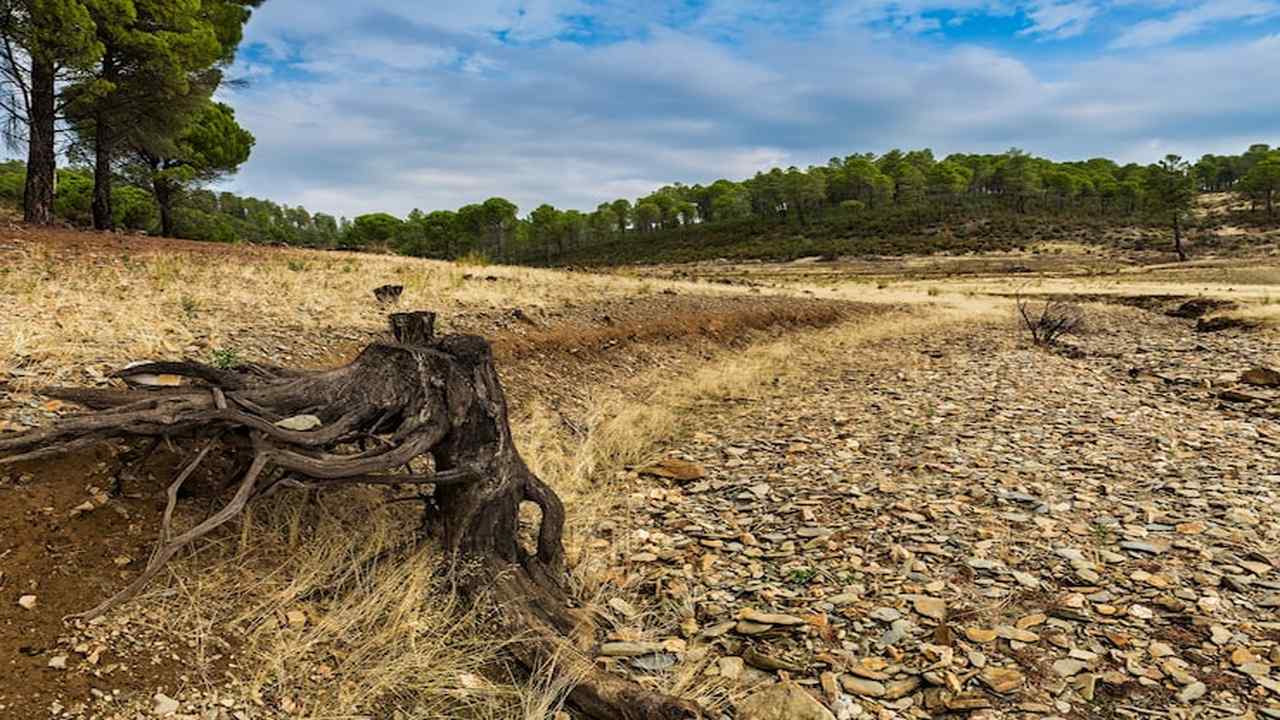 In a whirlwind of regulatory shifts, the European Union Deforestation Regulation (EUDR) has taken center stage, leaving industry players on edge. From delays to simplification proposals, the landscape is evolving rapidly. The latest twist? A surprising backflip by the Commission, impacting key players like Nestlé, Unilever, and Mondelēz International. As the dust settles, the question remains: What lies ahead for businesses navigating this complex terrain? Join us as we unravel the unfolding saga of the EUDR and explore the implications for global supply chains.
In a whirlwind of regulatory shifts, the European Union Deforestation Regulation (EUDR) has taken center stage, leaving industry players on edge. From delays to simplification proposals, the landscape is evolving rapidly. The latest twist? A surprising backflip by the Commission, impacting key players like Nestlé, Unilever, and Mondelēz International. As the dust settles, the question remains: What lies ahead for businesses navigating this complex terrain? Join us as we unravel the unfolding saga of the EUDR and explore the implications for global supply chains.
Regulatory Uncertainty and Delays
The European Union Deforestation Regulation (EUDR) has been marred by a series of delays, creating a sense of uncertainty for industry players like Unilever and Danone. Initially set for enforcement in December 2024, the regulation faced a significant setback with a 12-month extension to December 2025. Subsequently, the proposal for a second delay to December 2026, driven by IT system concerns, was met with mixed reactions. The recent backflip by the Commission, scrapping the second delay for larger operators, has added another layer of complexity to the regulatory landscape. This regulatory rollercoaster underscores the challenges companies face in aligning their operations with evolving sustainability mandates.
Simplification Proposals and Risk Categories
Amid the regulatory turbulence, discussions around simplifying the EUDR have emerged, with the proposal to introduce a 'negligible risk' category gaining traction. This category aims to streamline trade for countries posing minimal deforestation risks, such as EU member states and the US, potentially benefiting companies like Nestlé and Ferrero. However, concerns have been raised about the potential loopholes that could allow products linked to deforestation to enter the EU market. The push for simplification reflects a delicate balance between facilitating trade and ensuring robust environmental protections within global supply chains.
Impact on Supply Chain Due Diligence
The evolving EUDR landscape not only poses challenges but also opportunities for companies like Mondelēz International and Nestlé to enhance their due diligence processes. The proposed changes, including the elimination of downstream operators' due diligence statements and simplified obligations for small primary operators from low-risk countries, aim to reduce administrative burdens. By streamlining due diligence requirements, the Commission anticipates a 30% reduction in the administrative load for companies, fostering more efficient compliance mechanisms. These changes signal a shift towards a more streamlined and effective approach to monitoring and ensuring sustainable sourcing practices across supply chains.
Industry Preparedness and Compliance
As the EUDR continues to undergo revisions and debates, companies such as Ferrero and Nestlé find themselves at the forefront of compliance challenges. While some industry players advocate for a swift enforcement timeline to demonstrate readiness, others, like Mondelēz, emphasize the importance of allowing additional time for smallholders to comply. The divergent stances within the industry highlight the complexities of balancing regulatory compliance with operational realities. The looming enforcement deadlines underscore the urgency for companies to ramp up their efforts in aligning with the evolving regulatory landscape, emphasizing the need for proactive measures to navigate the intricate web of sustainability requirements.
Future Outlook and Strategic Imperatives
Looking ahead, the fate of the EUDR hinges on the decisions of the European Parliament and Council regarding the proposed partial delay and amendments to due diligence requirements. For companies like Unilever and Mondelēz International, strategic planning and agility will be paramount in adapting to the changing regulatory environment. As the regulatory landscape continues to evolve, businesses must prioritize sustainability, ethical sourcing, and transparency in their global supply chains to not only comply with regulations but also uphold their commitment to social and environmental responsibility. The unfolding saga of the EUDR serves as a clarion call for companies to proactively engage with sustainability initiatives and embed responsible practices into their core business strategies.
Conclusion
As the turbulence surrounding the European Union Deforestation Regulation (EUDR) persists, Unilever, Danone, Mondelēz International, Ferrero, and Nestlé are navigating a complex regulatory landscape that demands agility and foresight. The evolving saga underscores the imperative for businesses to prioritize sustainability, ethical sourcing, and transparency in their global supply chains. With strategic planning and proactive engagement with sustainability initiatives, companies can not only comply with regulations but also uphold their commitment to social and environmental responsibility. The EUDR serves as a pivotal moment for industry players to embed responsible practices into their core strategies, ensuring a sustainable future for all stakeholders.